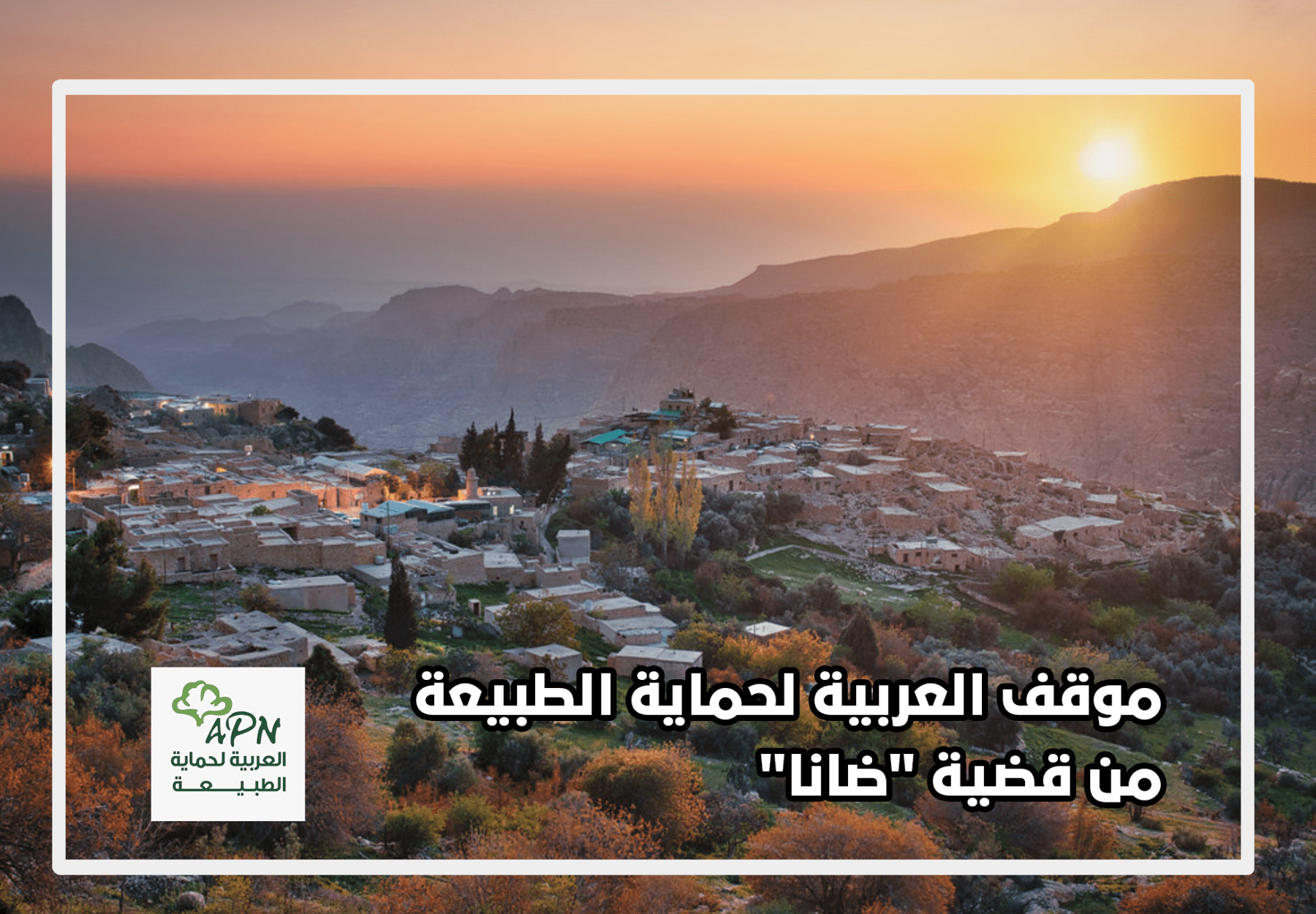
The Arab Group for the Protection of Nature demanded the accountability of the opposing parties in the case of copper mining in Dana and their prosecution, noting that the absence of facts and information about the case led to misleading citizens and different civil and local society forces, as well as causing the absence of a clear decision toward those projects. The group emphasised on the fact that the opposing parties’ disregard of the civil society in Dana is a grave mistake.
APN called in its declaration shared with local media outlets on the importance of providing transparent economic feasibility studies and studies of the environmental impact of the projects, as well as providing assurances and community dialogues. APN also showed the importance of reponing some old and new files related to government developmental projects in different regions, as well as the conversation about the plans to create reserves and the way they are to be managed, noting that this is the correct way to protect society’s right to development while simultaneously protecting the environment.
The declaration:
APN’s stand on the “Dana” situation
The lack of clear reasons and information based on facts around the situation of copper mining in Dana gives space to attempts to mislead citizens and various civil and local society forces and prevents a clear decision regarding the situation.
This requires the reponing of some old and new files related to government developmental projects in different regions, as well as the conversation about the plans to create reserves and the way they are to be managed, noting that this is the correct way to protect society’s right to development while simultaneously protecting the environment.
The worst part of this situation is the opposing parties’ disregard of the civil society in Dana; the people who have owned and lived on those lands for hundreds of years, and considering them as a last priority, as they became the biggest victim of the people competing for their lands under various labels.
We of course do not agree with the government’s pursuit of the announced mining and exploration projects, and the attempts at economic recovery at the cost of grabbing of lands with rare natural properties without transparent economic feasibility studies and studies of the environmental impact of the projects, as well as assurances and community dialogues, particularly in the presence of multiple examples of government projects established at the cost of public properties then were later privatized, leaving behind severe effects on the environment, and the local communities received only scraps from the returns of those investments.
We also do not agree with the monopolization of one party of vast expanses of state lands, controlling them, and executing their plans on the lands with no participation, oversight, or accountability.